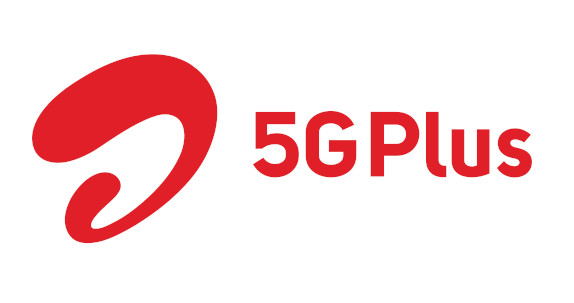
While 5G has not much to do with consumer telecommunications apart from its blazing speed, it has a lot more industrial applications in the fields of IoT, health care, etc.
Proving this fact, Bharti Airtel and Apollo Hospitals, along with HealthNet Global, AWS, and Avesha companies, have conducted India’s first 5G-driven, artificial intelligence (AI)-guided colonoscopy trial.
This AI-guided colonoscopy procedure ensured that the image processing occurred in real time and without any lag, even when the doctor moved the scope through the colon to overlay it on top of the appropriate portion of the colon. All thanks to AI on Airtel’s 5G technology with ultra-low latency and high processing capabilities.
Further, analysis was completed much more quickly as a result of the data being processed in real time by Avesha edge inferencing applications on AWS platforms.
Inversely, the current protocol detects colon cancer through manual colonoscopy, which requires doctors’ time and attention. Polyp samples are currently extracted using a flexible tube with a light, camera, and tools at one end. Both patients and doctors and nurses are exhausted after the 30- to 40-minute procedure.
This new application will assist physicians in enhancing patient care, increasing detection rates, and improving the quality of those detection rates. It’ll be interesting to see many other applications of 5G in the health care industry in the future.
Commenting on the trial, Ajay Chitkara, CEO and Director, Airtel Business said,
Ultra-fast, low latency 5G networks will transform the Healthcare sector in the country. At Airtel, we are geared up to lead this transformation and have demonstrated this by conducting India’s first colonoscopy trials. Healthcare is one of the most promising use cases for 5G, and we are delighted to collaborate Apollo Hospitals, AWS, HealthNet Global and Avesha. This is just the beginning, and I am certain we will bring many more innovative use cases that will help redefine healthcare in the country.
Commenting on the trial, Dr. Sangita Reddy, Joint Managing Director, Apollo Hospitals Group said,
By augmenting doctor’s ability to detect, AI has been proved to improve physician’s accuracy. Early detection and removal of polyps can easily avoid them becoming cancerous. Apollo has always been a fore runner in adoption of technology. Our patient centric approach keeps us on an outlook for technologies which can make outcomes better.
